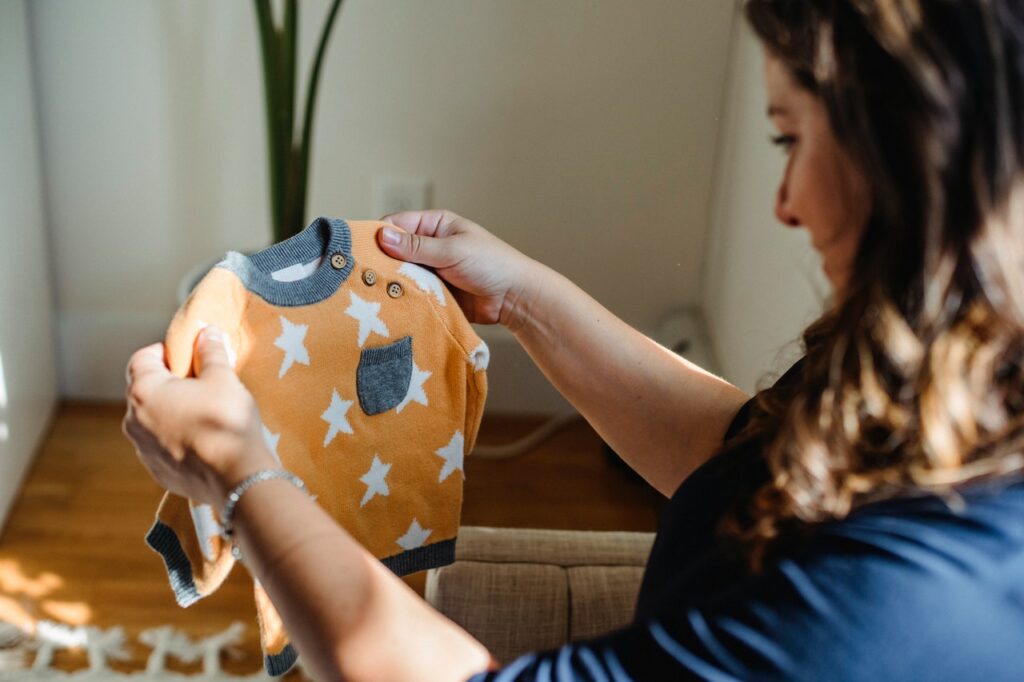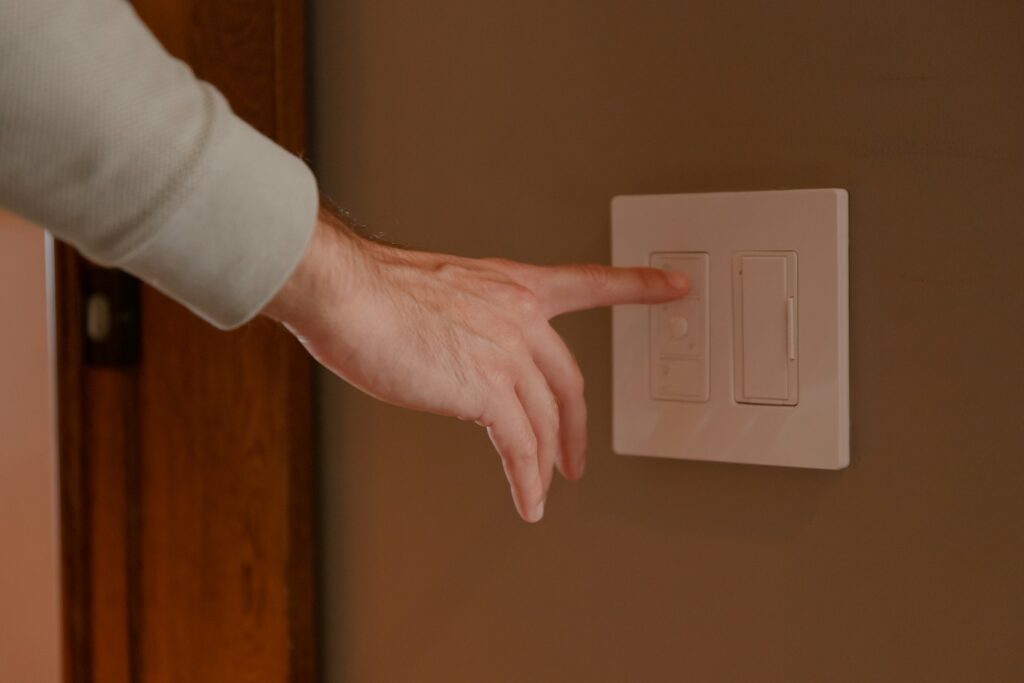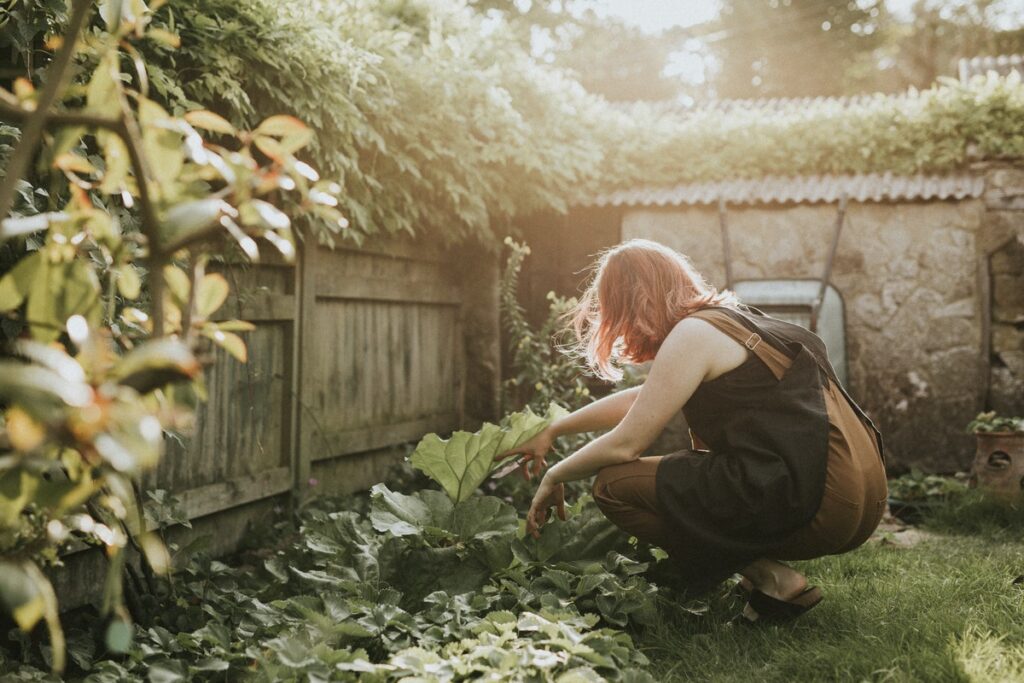New Year’s resolutions at the ready, people; it’s time to cement things somehwhat. With minds preoccupied with saving money during a cost of living crisis, geopolitical tensions, national obsessions, and personal growth (or right now, personal survival), it feels like the world’s most pressing concern has been put on the back burner.
But it’s still there, burning. Despite hopes that a global pandemic would have world leaders re-evaluating our relationship with the planet and perhaps even prompting a steelier focus on reversing decades of environmental damage, it seems like the pandemic didn’t solve climate change, after all.
As you’ve probably heard, just 100 companies have been responsible for 71% of global emissions since 1988, and as such, the best thing you can do to help the planet right now is to lobby your government to do more to tackle the impending global catastrophe.
That said, you can still make a difference to the planet on a personal level, with these 9 IDEAL ways to be greener in your daily life in 2026.
Wash Clothes On A Cold Setting
One of the biggest uses of energy in the home is the washing machine, especially for large households when it seems like the washing of muddy trouser knees and turmeric-stained white T-shirts is on a never-ending cycle.
Interestingly, a whopping 80-90% of washing machine energy usage goes into heating the water for your wash. You will, of course, want to always have clean clothes available, which is why you should look to wash on a cold setting. You might even prolong your clothes’ life in the process, a double whammy for the environment since fast fashion is also a major contributor to climate change.

Choose Reusable Over Disposable
In our convenience-driven world, single-use items have become the default choice for many daily activities – from coffee cups and water bottles to shopping bags and food containers. Yet these disposable products represent one of the most unnecessary sources of waste in modern life.
Making the switch to reusable alternatives is surprisingly simple and can dramatically reduce your environmental impact. Start with the basics: invest in a quality reusable water bottle and coffee cup, keep cloth shopping bags in your car or by the front door, and opt for beeswax wraps or silicone covers instead of cling film. For packed lunches, durable containers beat disposable bags every time, while cloth napkins and tea towels can replace their paper counterparts at home.
The numbers are compelling – a single reusable shopping bag can replace hundreds of plastic bags over its lifetime, while one person using a reusable water bottle can prevent roughly 156 plastic bottles from entering landfills each year. Beyond the environmental benefits, you’ll likely save money in the long run, as the initial investment in quality reusable items pays for itself many times over. Plus, there’s something satisfying about breaking free from the cycle of constantly buying and throwing away disposable products – it’s a small act of rebellion against our throwaway culture that genuinely makes a difference.
Get Into The Habit Of Turning Things Off
In households across the land, there’s always a charger left on with 100% long ago reached, plugs engaged for no reason, bathroom lights shining bright in the middle of the night and TVs sitting on standby.
Don’t think it makes much of a difference? You’d be wrong. A 2018 study revealed that Brits waste £4.4 billion a year leaving lights on at home. And that’s only the lights.
Encourage your household to get into the habit of turning anything off when it’s not in use. Leaving the TV and lights on in an empty room is an enormous waste of energy yet it is so simple to remedy. The key, here, is to lead by example and make it a priority for your household to switch off all lights, plugs, switches and chargers when they’re not in use. So, what are you waiting for…go check now!

Recycle & Dispose Of Waste Properly
It has become increasingly obstructive to make waste management easy around the home, with prevailing questions like ”can I recycle cooked food?” and ”are all plastics recyclable?” not answered satisfactorily by a cursory search on Google.
But it’s essential to recycle in order to reduce the amount of waste we send landfill, helping reduce your home’s carbon footprint and the need for the fresh production of raw materials, too.
According to Rubbish Removal UK, you should you be undertaking any building work at home, proper waste disposal is vital, too, whether that’s through skip rental, or via a local company who can take it away for you.
Green Home Initiatives
It may also be worth looking into green home initiatives which can help to cover the cost of retrofitting your home, helping you both reduce your energy consumption and potentially lower your bills. Generally more likely to be available in urban areas, such initiatives involve installing eco-friendly lights and applying loft and cavity insulation.
For those serious about leading a green lifestyle, it’s best to be proactive and demanding of the authorities. Consider urging your local government to implement similar strategies.
And if you’re keen to learn more, check out our guide on 10 eco-friendly alternatives for everyday disposable items, ideal for those looking to be a little kinder to the environment this year.

Switch Heating Source
Heating is, obviously, essential in the home but there are lots of ways that this can be made greener. This might involve switching to an eco-friendly boiler or even shifting to using a ground pump, which is an environmentally-friendly and low cost way to eliminate the need for gas pipes and oil tanks at home.
Installing solar panels is another option for introducing a cleaner energy source at home, but doing so isn’t without its complications. Not only is the initial cost high, but some experts have suggested that energy used to manufacture single panels for homes may not actually offset the energy created by those panels.
Install A Smart Thermostat
A smart thermostat allows you to control your central heating remotely, which means that you can be more efficient with your usage and always keep the home warm when you are there, too! Many of these thermostats also learn, adapt and automate as you use them, helping you to be more efficient with your usage and keeping your energy bills and consumption down.
You can do the same for your lights; smart lightbulbs now exist, too!
Buy An Electric Car (Or Ditch The Four Wheels Altogether)
If you are serious about leading a greener lifestyle, then switching to an electric car is an essential step. It’s understandable if people were hesitant before, with charging ports scant and the cost of the vehicle prohibitive, but things have massively changed in the last couple of years, and the technology and infrastructure has improved so much that range anxiety should no longer be an issue.
There’s also a much greater availability of electric vehicle out there, which means that prices can be lower. Of course, you could go a step (or many, many steps) further, and give up your car altogether, prioritising a more local lifestyle and simply walking or cycling everywhere.

Grow Your Own Vegetables
Growing your own vegetables in the garden may not suddenly render your family self-sufficient, but it can go some way to reducing your carbon footprint.
Really, the point here isn’t the crops themselves, but rather, growing your own can be good for you, physically and mentally, and can help your family develop a deeper connection with nature and the changing of the seasons, which is fundamental to a more sustainable approach to green living as a whole.
On that note, do check out these useful ways to encourage children to be environmentally friendly. And thank you for doing your bit!





